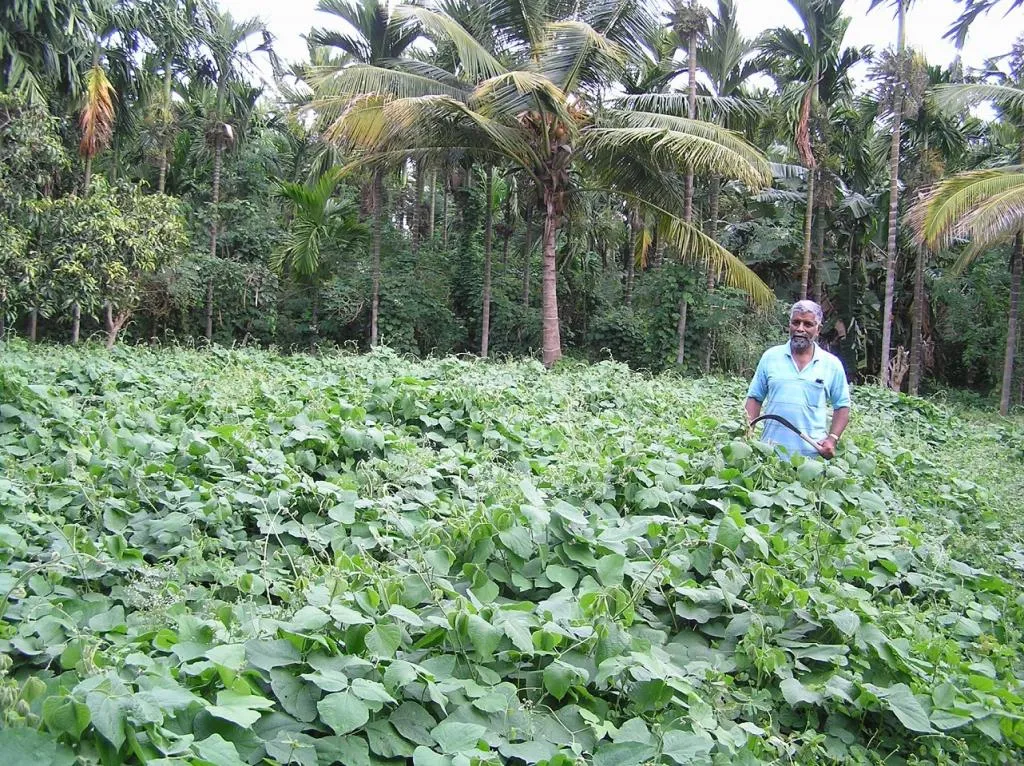In the heart of India’s agricultural landscape, a quiet revolution is brewing, one that could reshape how farmers tackle pests and diseases. Dr. Negalur R. B., a leading researcher from the AICRP on weed management at UAS, Raichur, Karnataka, has published a compelling study in the *International Journal of Bio-Resource and Stress Management* that challenges the status quo of pesticide dependency. The research underscores the critical need for agronomic practices that can mitigate the escalating problems associated with chemical pesticides, offering a beacon of hope for sustainable agriculture.
For decades, pesticides have been the cornerstone of agricultural production, boosting crop yields and farmer incomes. However, the indiscriminate use of these chemicals has led to a cascade of issues, including the reduction of biodiversity, outbreaks of secondary pests, and the development of pesticide resistance. “The sustained increase in problems from massive applications of pesticides is alarming,” Dr. Negalur notes. “We are seeing insect resistance to pesticides, resurgence of pests, pollution of food and feed, and significant health hazards.”
The study highlights that agronomic measures of pest management, which involve variations in usual farm operations, are not only preventive but also the cheapest of all control measures. These practices focus on purposeful manipulation of the environment to make it less favorable for pests and diseases. “The principle is simple yet powerful,” explains Dr. Negalur. “By exerting economic control on pests or at least reducing their rate of increase or damage, we can create a more sustainable agricultural ecosystem.”
One of the most promising avenues explored in the research is the use of biotechnological tools for alleviating biotic stresses. These tools can be used in pest management to ensure sustainable crop production and environmental conservation. Additionally, cultural control techniques, which make the environment less favorable for pests to develop or multiply, are highlighted as crucial components of integrated pest management.
The commercial impacts of these findings are profound. Farmers can reduce their reliance on expensive and often harmful pesticides, leading to lower production costs and healthier crops. “This shift towards agronomic practices and biotechnological tools can revolutionize the agriculture sector,” says Dr. Negalur. “It’s not just about increasing yields; it’s about creating a sustainable future for farmers and the environment.”
As the agricultural sector grapples with the challenges of climate change and increasing pest resistance, Dr. Negalur’s research offers a timely and innovative solution. The study published in the *International Journal of Bio-Resource and Stress Management* provides a roadmap for farmers and policymakers to adopt more sustainable and effective pest management practices. The future of agriculture lies in these agronomic innovations, and the time to act is now.

